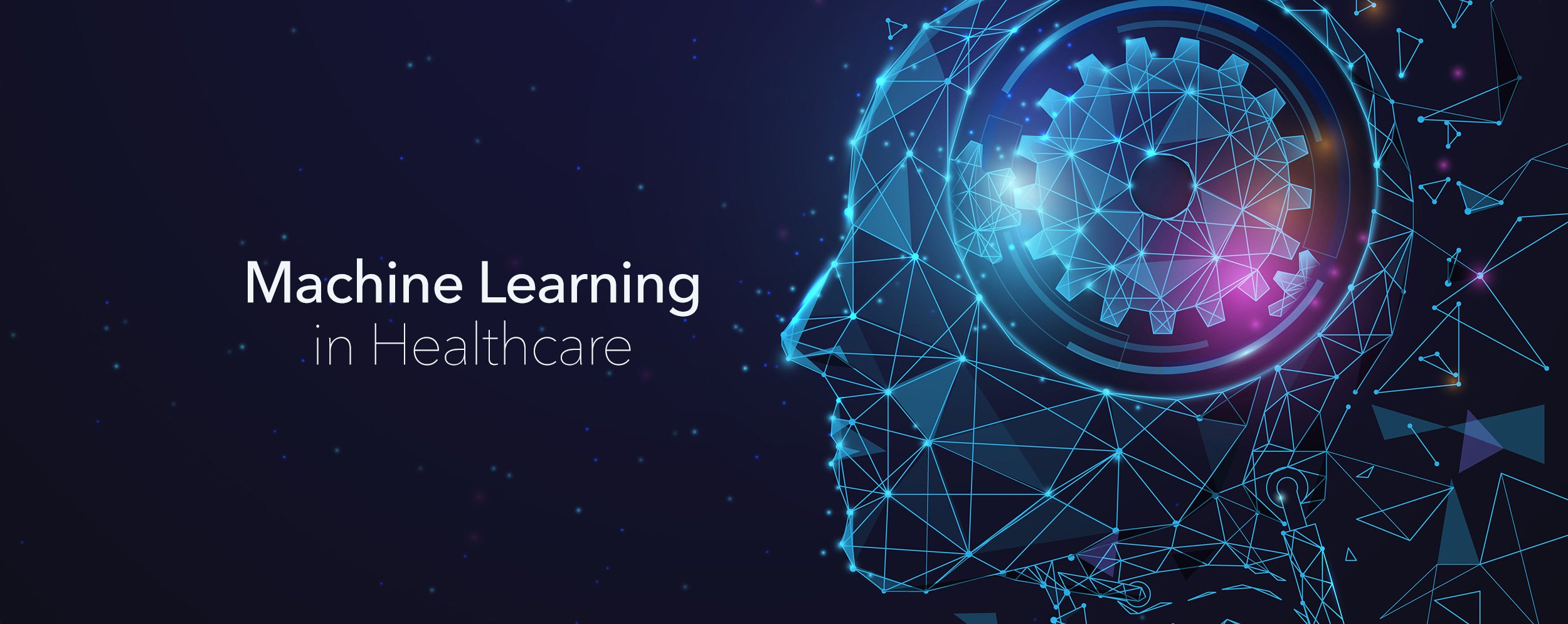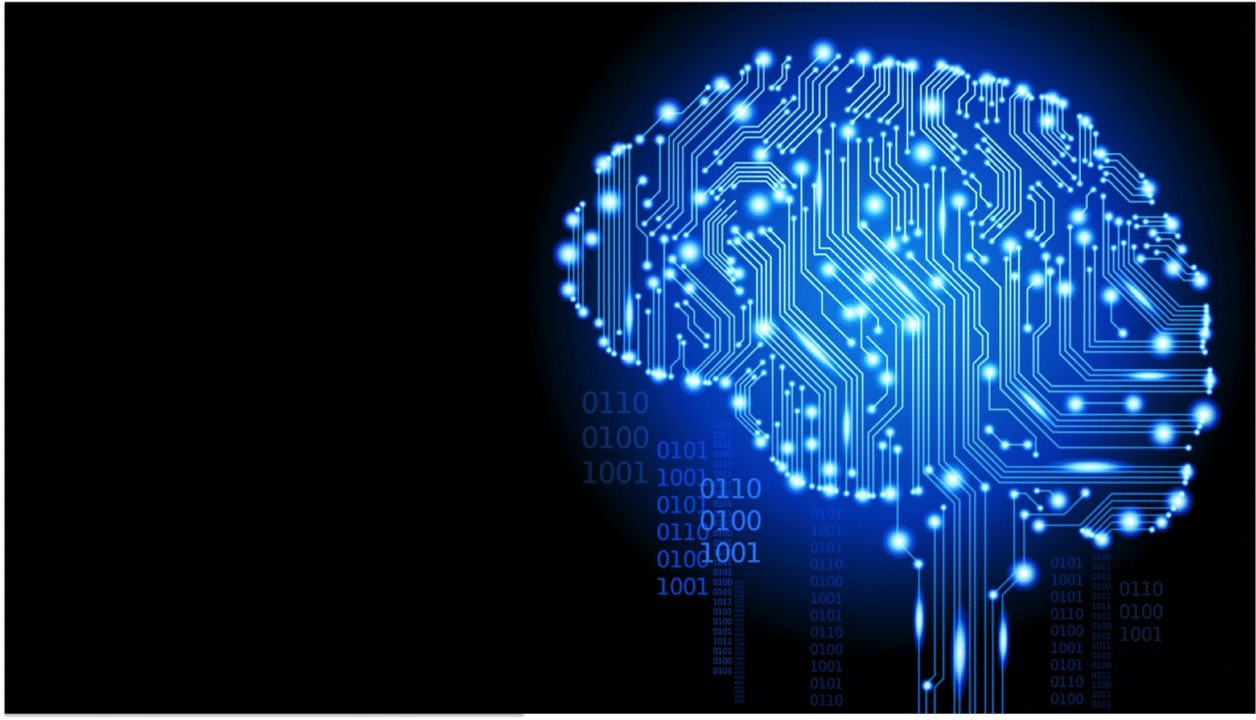As deep learning technology continues to advance, its influence extends into new areas and introduces innovative applications that further transform various aspects of life and industry. Here are additional insights into the future trajectory of deep learning and its expanding impact.
Advancements in AI Algorithms
- Neural Architecture Search (NAS):
- Automated Model Design: NAS involves using AI to automate the design of neural network architectures. This process allows researchers to discover optimal model structures and hyperparameters, improving performance and efficiency in machine learning tasks.
- Evolutionary Algorithms: NAS often employs evolutionary algorithms to explore and optimize neural network architectures, leading to the development of models that can outperform manually designed counterparts.
- Federated Learning:
- Privacy-Preserving AI: Federated learning enables collaborative training of models across decentralized devices while keeping data local. This approach enhances privacy and security by ensuring that sensitive data does not leave its source.
- Scalable Training: By leveraging data from multiple sources without centralizing it, federated learning scales AI model training and improves robustness, particularly in applications such as mobile devices and IoT systems.
- Self-Supervised Learning:
- Data Efficiency: Self-supervised learning leverages large amounts of unlabeled data by creating supervisory signals from the data itself. This technique reduces the need for labeled datasets and enhances model performance by learning useful representations from raw data.
- Pre-training Models: Models trained using self-supervised learning techniques, such as GPT-4 and BERT, demonstrate strong performance across a range of tasks, including natural language understanding and generation.
Emerging Applications in Diverse Fields
- Smart Cities:
- Traffic Management: AI analyzes real-time traffic data to optimize traffic signals, reduce congestion, and improve urban mobility. Deep learning models predict traffic patterns and suggest alternative routes to enhance efficiency.
- Public Safety: AI-powered surveillance systems monitor public spaces, detect anomalies, and enhance safety. These systems use deep learning for facial recognition, activity recognition, and emergency response coordination.
- Agriculture:
- Precision Farming: Deep learning models analyze satellite and drone imagery to monitor crop health, predict yields, and optimize resource usage. Precision farming techniques improve productivity and sustainability in agriculture.
- Automated Harvesting: AI-driven robots and machinery automate harvesting tasks, such as picking fruits and vegetables. These systems increase efficiency and reduce the need for manual labor in agriculture.
- Entertainment and Media:
- Content Creation: AI assists in generating creative content, such as writing scripts, creating music, and producing visual art. Deep learning models enhance creative processes and enable artists to explore new possibilities.
- Enhanced User Engagement: Streaming platforms use AI to analyze viewing habits and deliver personalized content recommendations. This improves user engagement and satisfaction by tailoring content to individual preferences.
- Education:
- Adaptive Learning Systems: AI-driven educational tools personalize learning experiences based on student progress and learning styles. These systems provide targeted support, enhance student engagement, and improve educational outcomes.
- Automated Grading: AI automates the grading of assignments and assessments, providing timely feedback to students. This reduces the administrative burden on educators and ensures consistent evaluation standards.
Challenges and Considerations
- AI and Bias:
- Bias Mitigation: Addressing bias in AI models involves developing techniques to detect, evaluate, and mitigate bias in training data and model outputs. Ensuring fairness and inclusivity in AI systems is critical for building trust and equitable applications.
- Diverse Datasets: Using diverse and representative datasets helps reduce bias and improve the generalizability of AI models. Efforts to include a wide range of perspectives and experiences enhance model performance across different demographics.
- Ethical AI Use:
- Ethical Guidelines: Developing and adhering to ethical guidelines for AI use ensures responsible deployment and prevents misuse. Guidelines address issues such as transparency, accountability, and the impact of AI on society.
- AI Governance: Establishing governance frameworks and policies for AI development and deployment promotes ethical practices and regulatory compliance. This includes monitoring and addressing the societal impact of AI technologies.
- Security Concerns:
- AI Vulnerabilities: AI systems are susceptible to security threats, such as adversarial attacks and data poisoning. Researchers and practitioners work to identify vulnerabilities and develop strategies to protect AI systems from malicious exploitation.
- Robustness and Reliability: Ensuring the robustness and reliability of AI systems is essential for their safe and effective operation. This includes rigorous testing, validation, and ongoing monitoring of AI performance.
The Future of Deep Learning
- AI and Human Augmentation:
- Enhanced Human Capabilities: AI augments human capabilities by providing tools and support that enhance decision-making, creativity, and problem-solving. This collaborative approach leverages the strengths of both humans and machines.
- Assistive Technologies: AI-driven assistive technologies, such as exoskeletons and prosthetics, improve the quality of life for individuals with disabilities and support those with physical limitations.
- Global AI Collaboration:
- International Partnerships: Global collaboration fosters innovation and addresses global challenges through shared expertise and resources. International partnerships advance AI research, development, and application on a global scale.
- AI for Development: Collaborative efforts focus on using AI to address development challenges, such as poverty, education, and health. These initiatives aim to improve quality of life and promote sustainable development worldwide.
- AI and Future Research:
- Interdisciplinary Research: Future AI research will involve interdisciplinary approaches that integrate insights from fields such as neuroscience, cognitive science, and ethics. This holistic approach will drive innovation and address complex challenges.
- AI and Human Values: Research will focus on aligning AI systems with human values and ethical principles. Ensuring that AI technologies reflect and support societal values is crucial for their responsible and beneficial use.
Conclusion
Deep learning continues to evolve and expand its influence across various domains, driving innovation and transforming industries. From advancements in AI algorithms and hardware to emerging applications and ethical considerations, deep learning represents a dynamic and impactful field.
As we navigate the future of deep learning, it is essential to address challenges, embrace opportunities, and foster responsible development. By leveraging the potential of deep learning and collaborating across disciplines, we can shape a future where AI enhances human capabilities, drives progress, and contributes to a better and more equitable world. The journey of deep learning is an ongoing exploration, offering endless possibilities for discovery and advancement.



